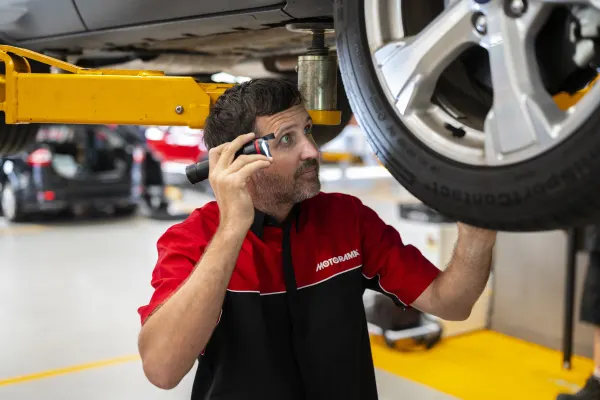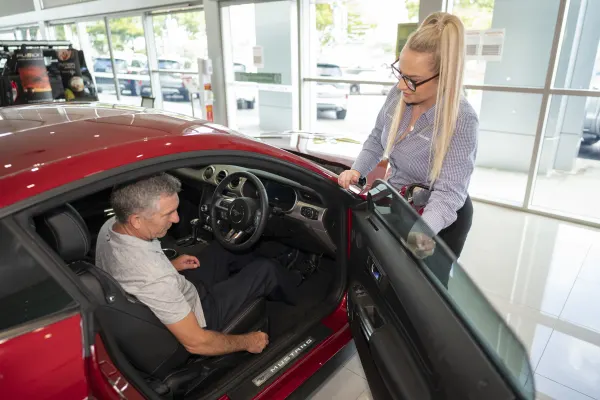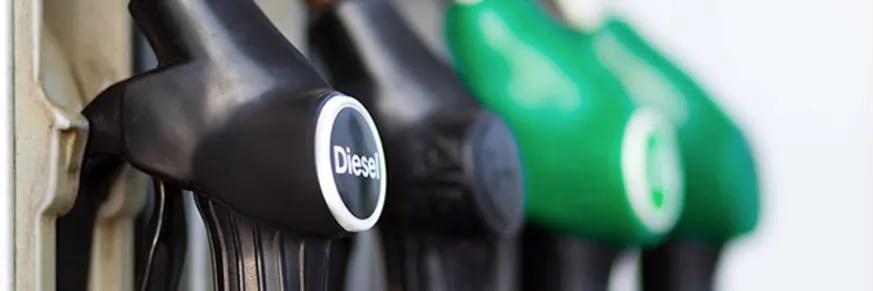
Best Buy: Petrol v Diesel v Hybrid
Posted in Buyer Advice
Best Buy: Petrol v Diesel v Hybrid
If you’re thinking of buying a car, some standard questions you’ll find yourself wondering are “should I go for a new or pre-owned car?” and “do I have a preference of a make and model?”. But another thing to consider is what fuel goes in it, or if you want to drive on electricity. We've put your options against each other!
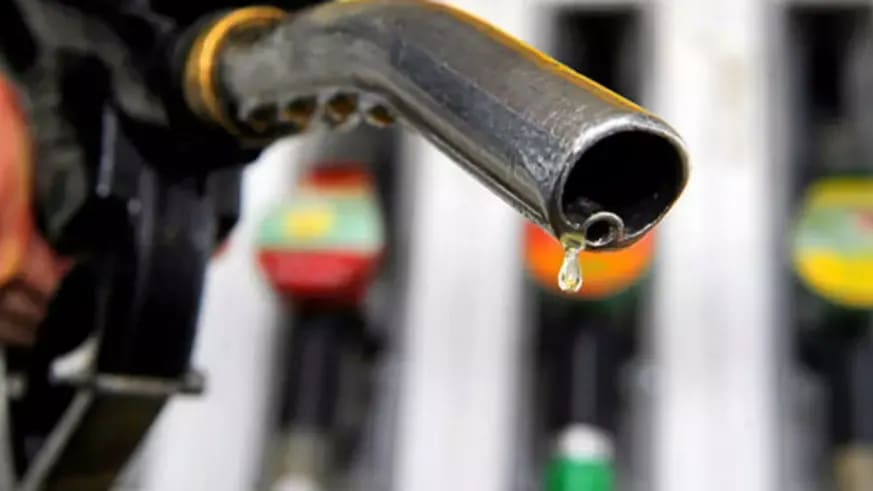
PETROL VEHICLE BENEFITS
The greatest advantage petrol vehicles have over others are that they are currently the least expensive cars to purchase as they are the most conventional form.
There’s a wide range of petrol vehicles available to ensure you find a model that suits your needs and budget.
Petrol engines are all about revs, and they tend to achieve their maximum power - or fun point - at a higher number of revolutions. They deliver the excitement of the wind up; as the revs rise and you fang through the gears, speed is piled on. This makes them racier and more involving, at least in theory.
Pros:
Unlike some other options, it’s available everywhere and quick to refuel. Petrol cars are the cheapest type of car you can buy, plus petrol is generally cheaper than diesel on average, yet the price also fluctuates more so filling up on the right time is important.
If you have a small engine — particularly a turbo — you can see very miserly fuel use, while bigger engine capacities can offer great power and performance, particularly on the open road. It’s still arguably the most exciting type of vehicle to drive.
Cons:
If you don’t have a small turbocharged engine, petrols can be thirstier than diesels, thus quickly undoing the benefit of a low-purchase price.
This is especially true when asked to do heavy work such as towing. Some cars with fuel-saving turbochargers may need more expensive premium unleaded to run correctly.
It also emits the most CO2 of any of the options.
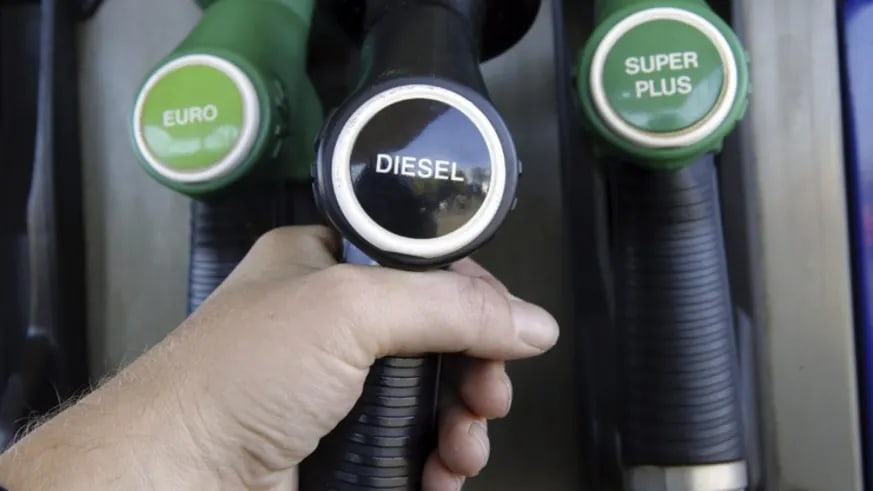
DIESEL VEHICLE BENEFITS
Now, what about diesel vehicles? Diesel fuel has a higher energy content than petrol, meaning a full tank of diesel will get you further than a full tank of petrol. This provides greater range between filling up since its fuel economy offers about a third more to that of petrol.
Not only can this save you some cash, it helps saves time with less frequent fuel stops.
The topic of diesel’s impact on the environment is debatable. It creates more CO2 emissions than petrol per litre, however as less diesel is used to fuel the car, it contributes less to emissions. Diesel is also burning cleaner in recent years with the emergence of ultra-low sulphur diesel.
When it comes to towing, diesel vehicles can well outshine the rest. They are generally more fuel-efficient and have a higher legal towing limit than petrol vehicles. Diesel engines deliver their grunt - in the form of torque - atmuch lower revs
Pros:
It uses less fuel than petrol, so you’re almost guaranteed less trips to the servo than in a petrol car.
It can be very frugal on the open road and, due to maximum output being available at low revs, can make overtaking a breeze.
But the main pay-off is in doing the tough stuff: it’s the best fuel for towing and hauling heavy loads. And, despite its bad press, it actually emits less than a petrol engine.
Cons:
Diesels are generally pricier than their petrol counterparts.
If you’re mainly driving around town, you may not see the fuel savings to warrant the extra spend.
Diesel-particulate filters can also get clogged with urban driving and undo any emissions benefits and performance is often lacking; many don’t enjoy the sound and rumble in the cabin of an older diesel.
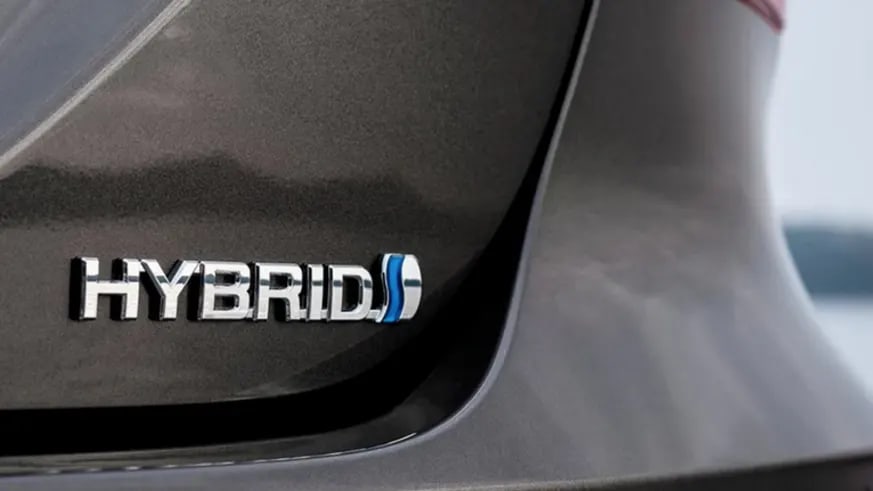
HYBRID VEHICLE BENEFITS
Firstly, what is a hybrid car? Hybrid cars combine the use of both small internal combustion and electric engines. When it comes to lower speeds, the electric engine kicks in. However, at higher speeds, the internal combustion engine takes over.
Regarding emissions, hybrid cars outshine petrol or diesel-only cars in traffic with their ability to run solely on electric power. They also have less of a dependence on fossil fuels, helping it to lean more towards being an environmentally friendly option.
Hybrid cars are more suited to city driving, as they swap to more a suited engine when required.
Pros:
This is easy green motoring: with no plugs or cables required, you don’t have to change their usual behaviour — except for visiting the servo less.
They are also starting to be priced very close to their petrol and diesel counterparts.
Hybrids are more economical and offer less emissions than petrol engines, yet can also offer good performance.
Cons:
The fuel savings may not always be significant enough to justify the price difference.
As the battery is mainly charged under braking, its benefits may not be as pronounced if you cover a lot of kilometres on long distance trips.
Batteries can take up space and also be vulnerable to temperature, which may affect their performance.
They usually have long warranties, but a battery replacement can be pricey once the warranty is up.
Also, it still emits CO2.
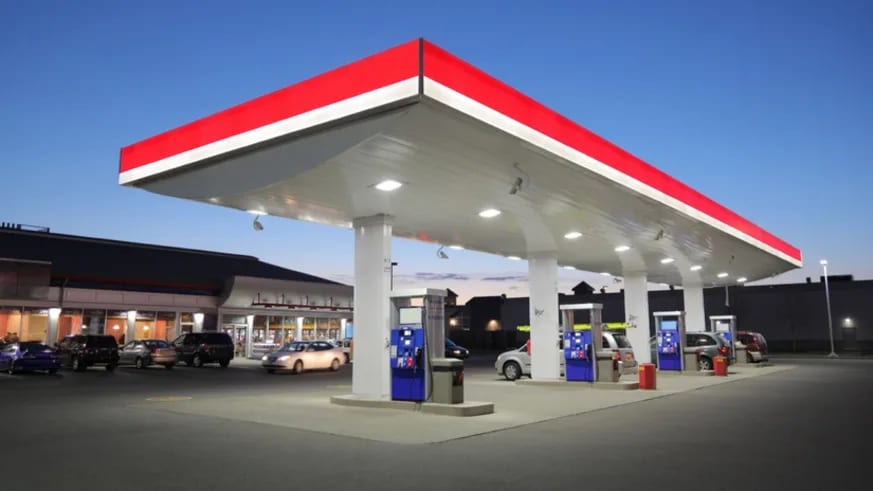
OTHER THINGS TO CONSIDER
Purchase price
Whatever your budget, purchase cost is an important consideration. It can vary enormously within a model range, with fuel type being a major factor.
As a general rule, the more advanced or economical the car’s powertrain becomes, the more expensive it will be to buy.
Fuel economy
While weighing up prices, you also need to consider how many kilometres you drive each month. A diesel is typically around 30 percent more economical than a petrol engine of similar output, with that advantage being greater the larger and heavier the car.
Hybrids can be even more thrifty, but it very much depends on how you use them. Regular hybrids are most efficient around town. The price of fuel differs as well – so you need to gauge your likely usage first. Better still, come up with an annual cost comparison.
The environment
The most recent technology is almost certainly going to be the ‘greenest’. But the government’s ever-changing stance on what is bad for the environment, and the levies that accompany that, make choosing a car difficult.
Petrol power was long considered the dirtiest option, and slammed for its higher CO2 emissions. However, diesel cars have recently been stripped of their eco-credentials, partly due to Diesel-Gate at Volkswagen.

WHAT DO YOU NEED IN A CAR
Nowadays with so many engine options available, it’s no wonder so many are left bewildered when faced with a new car purchase.
When you’re deciding which car to purchase, it ultimately comes down to your needs. Hybrid vehicles are advantageous in urban areas with stop and go traffic. Diesels outperform all other classes in towing capability and long distance range. Petrol vehicles are cheaper to purchase initially and is the most common powered vehicles.
Whether you’ve already decided on the type of car you want to buy, or we’ve sparked the thought to consider something else – it pays to do your research to see which car would best suit your needs and budget.
Sales of diesel engines are generally down across the new car market in Australia. Especially considering the huge dual-cab ute market that almost exclusively uses diesel powertrains, diesel passenger cars are becoming rarer and rarer as advancements in petrol efficiency continue and bans on diesels come down across the globe. However, diesel is particularly fuel-effective for larger SUVs used for towing or longer road trips. On the downside, even filtered diesel creates noxious emissions, and the production of diesel from crude oil creates significantly higher nitrous oxide emissions than petrol.
There’s plenty of options out there, you just need to do your research and check the figures. Save the environment, save your pockets or both… either way, hybrids are going to become more and more common in the market so keep a look out.

